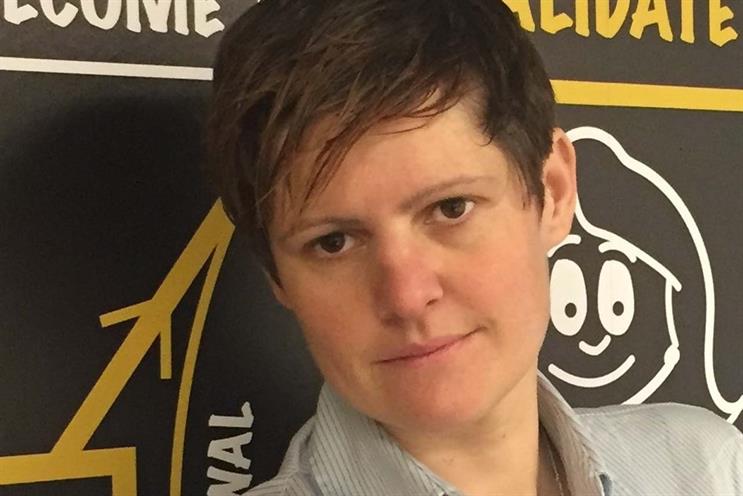Life is a funny thing isn’t it? You spend your whole career being rewarded for your achievements, for the things that you are capable of, and that you deliver.
Then one day, you turn round, and suddenly find that you have become a "leader". That it’s no longer about what you do, it’s about the environment you create to let your team thrive, grow, and achieve all that they are capable of.
And that the more you do, the more you interfere with, and disable your team’s growth. It all comes down to confidence and trust, and their evil twins: fear and blame.
Create a sense of forgiveness
The best leaders create a safe environment that their people can thrive, and achieve in. The best leaders act like a fertile soil, allowing their team to become stronger and more productive than those around them, competing through continuous improvement rather than outright "best in class" capability.
Best in class lasts but a moment in time. They create a sense of a safe space, of forgiveness, that lets the team throw out shoots of thoughts and ideas without fear that they will get chopped down.
Any sign that the shoots a team throws out will not be welcomed, supported and protected will stunt future idea growth, and people will be fearful of evolving their thinking.
Awareness of impact
A second lesson is to be extraordinarily careful in the quantity and precision of the requests I make of my team. I try to be very aware of the shadow I cast, and the time and effort that may be wasted as a result.
As a leader, one request can, unintentionally, generate hours of wasted man time, as my email is discussed, addressed, reviewed and then responded to, by a number of people.
Any lack of clarity in my request exacerbates this issue. One bad, off the cuff email from a leader can waste hours of precious company resource. The bigger your team, the more thought needs to go into every piece of team communication.
Always support decisions, whether bad, good or indifferent
Any decision is definitely better than no decision, as no decision is inevitably a decision to do nothing. A team scared to make decisions will not move the business forwards, nor evolve, nor change. Instead they will be frozen with indecision, ripe for the picking from competitors.
After all, it is not the strongest that survives, nor the most intelligent, but the one most responsive to change. This is particularly pertinent with today’s fragmenting and disaggregating world, with competitors arising from all sides and in all categories.
Clarity and consistency of vision
If the framework and direction laid out by a leader is clear, the principles well thought through, understood, and consistent, then the team have the confidence to create and to push boundaries.
They can make decisions without referring upwards, as they have no fear that they are misaligned with their leader.
Particularly in a marketing team, this is vital, to channel creative efforts against a direction, without constraining that creativity. This clarity of strategy and direction can feel difficult to achieve, with a rapidly changing world around us, but the pace of change makes clarity and consistency of direction even more important, to save being buffeted off course by distractions, shiny new things and the latest technological fad.
Really respect your team
Respect is a hard won lesson, personally. Everyone has something to bring to the table. Finding that something in each and every one of your team, and valuing it brings a real sense of mutual respect to the room, and ensures that everyone goes home at the end of each day proud of the contribution they have made to the overall effort.
And personal pride is one of the biggest motivators there is. Really respect your team, and they will work hard for you. With the market where it is today, and every percent of growth drawn from blood, sweat and tears, that discretionary effort is like gold.
Stay true to yourself
Be someone you would like to work for. Be someone you would follow. This is how you find (that horrible phrase) your "authentic leadership style".
Quite simply, if you are the sort of leader you would follow, you are staying true to your core values. And if you ever find your own leader does not support that style – work out whether or not they are the right leader for you, and act on it. I, like most people work for a person, ahead of a business.
Cheryl Calverley is marketing director at The AA and a member of 北京赛车pk10’s Power 100.


